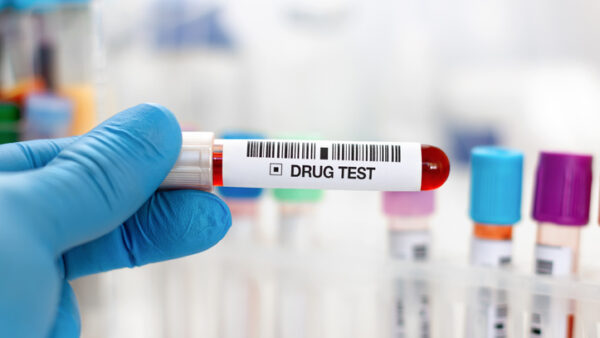
By Sen. Doug Mastriano (R-33)
Pennsylvania now faces a new No. 1 killer of those in the prime of their lives: accidental drug overdoses fueled by the prevalence of fentanyl.
According to Centers for Disease Control and Prevention (CDC) data, almost 177,000 lives were lost to drug overdoses from 2018-2022.
Pennsylvania has become an epicenter for this terrible crisis with one of the highest overdose death rates in the nation.
The crisis hasn’t been limited to one geographical area or segment of the population. For example, Philadelphia had 1,411 deaths, Allegheny County had 707 deaths, York County had 146, Schuylkill County had 67, and Franklin County had 27 from May 2022 to April 2023.
In addition to fentanyl flooding communities in Pennsylvania, we are now forced to confront the rise of a new deadly threat. Xylazine, a lethal tranquilizer, is being mixed with other drugs and leading to even more overdose deaths. Between 2019 and 2022, our commonwealth was home to the highest number of xylazine-related deaths in the country, according to recent CDC data.
While the prevalence of fentanyl – and now Xylazine – has ravaged communities across Pennsylvania, our hospital emergency rooms have struggled to adapt to this new epidemic.
According to an August 2022 study by Epic Research, only 5% of emergency department encounters for overdoses in U.S. hospitals included a screening test for fentanyl. One year later, that figure is only 14%.
Does accurate testing matter and would it actually help those suffering from addiction?
The answer is unequivocally yes.
Without a fentanyl or xylazine-positive urine test, a patient may not be accepted into a treatment program, or their treatment could be denied by an insurance company. Without clear identification of all the substances involved in their visit, patients may be less likely to remain in treatment, even if they are accepted.
Fentanyl and xylazine testing can alert the patient, doctor, provider or parents of the patient about the dangerous situation and prompt a prescription for naloxone.
Testing can save lives by motivating the patient to dispose of counterfeit pills and alert friends who also may be using them. It also can lead patients to connect with drug abuse treatment options.
Testing also enhances public safety by helping law enforcement in the apprehension and prosecution of drug dealers.
Here is a real-life example of how mandatory hospital testing would have saved a life.
In 2018, a 19-year-old young man named Tyler Shamash arrived at an emergency room and given a standard five-panel toxicology screen. The results turned up negative for everything. His mother, asked the treating doctor three times if they had tested for fentanyl, and three times she was told yes, their opioid test would detect it. She later found out the doctor was misinformed, and a standard opioid test does not test for a synthetic opioid like fentanyl. If she had known Tyler had fentanyl in his system, she would have sent him to a higher-level care facility, such as a detox center or residential treatment home, and not to the sober living facility where he tragically died the next day from an overdose.
Juli Shamash has since become a leading activist to improve the accuracy of drug testing around the nation and was the inspiration for me to introduce Senate Bill 683.
My bill is now Act 43 after gaining wide bipartisan approval from the General Assembly and signed into law by the governor on Dec. 14.
Act 43 requires all hospitals in Pennsylvania treating a person who is receiving a standard five-panel urine drug screening in an emergency room setting to also include testing for fentanyl and xylazine in that screening.
Additionally, Act 43 ensures our commonwealth has a more accurate count of fentanyl- and xylazine-related overdoses, which can be used to help shape public policy.
We still have a long way to go to combat the horrible drug overdose scourge that has stolen the lives of so many in Pennsylvania. The General Assembly must work to pass legislation that improves overdose data reporting, institutes stronger penalties for drug dealers and increases pathways to recovery services for those suffering from addiction.
Act 43 is a step in the right direction to save lives in Pennsylvania.
Sen. Doug Mastriano represents the 33rd Senatorial District, covering Adams and Franklin counties. He sponsored Senate Bill 683, which became Act 43 of 2023 and ensures patients at hospitals who are screened for opioids also will be tested for fentanyl and xylazine, which can lead to more accurate diagnoses and treatment.
Media contact: Josh Herman
717-787-9603


